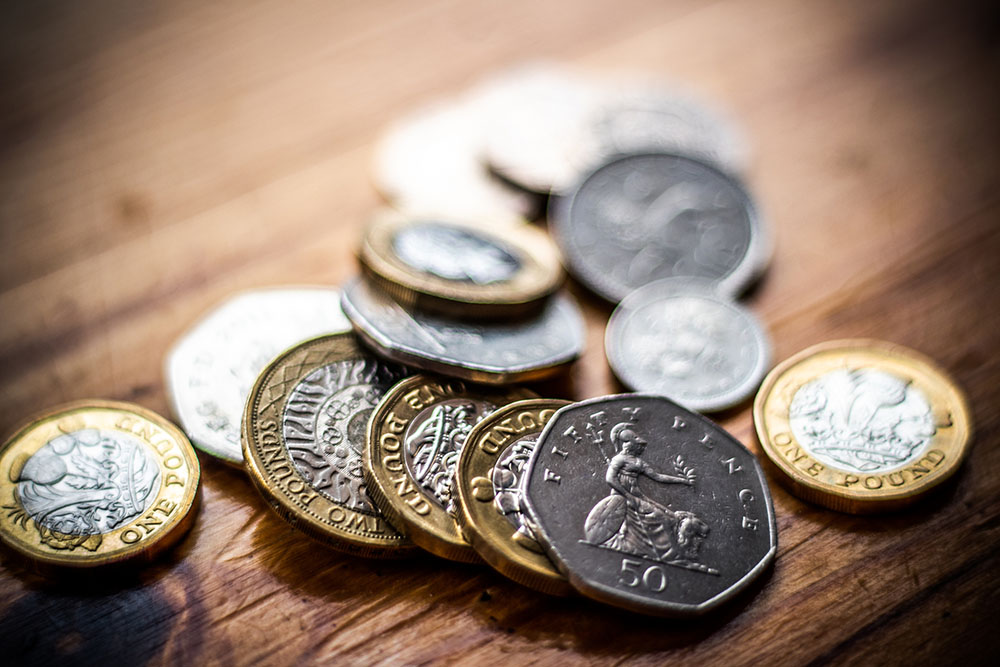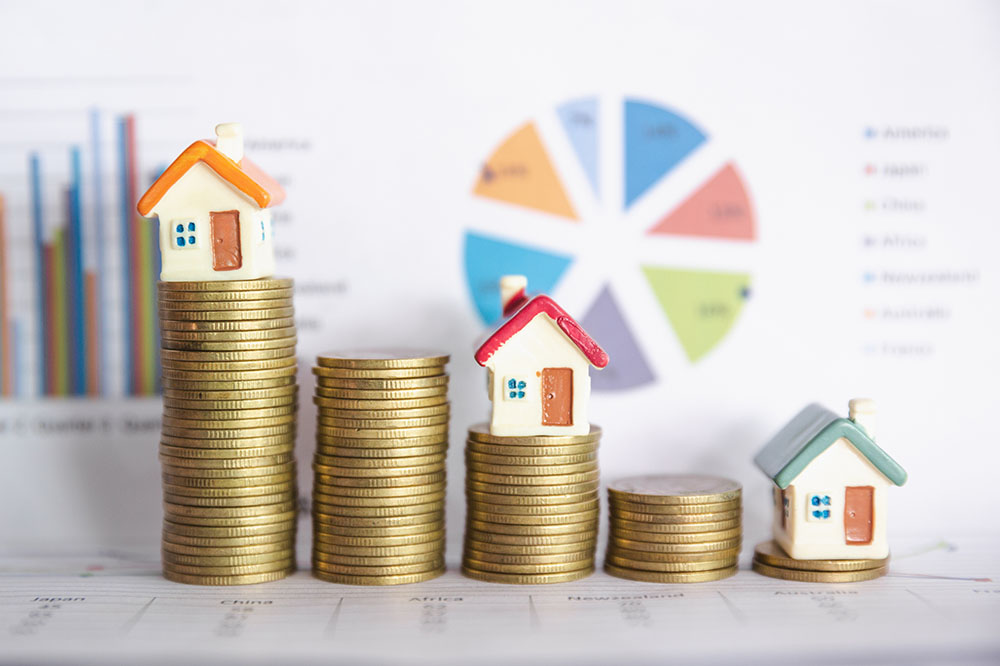
This content is for information and inspiration purposes only. It should not be taken as financial or investment advice. To receive personalised, regulated financial advice regarding your affairs please consult us here at WMM (financial planning in Oxford).
Many people are aware that having a decent cash reserve is important during the best of times, let alone during periods of financial volatility. According to some research, about 25m people in the UK (i.e. nearly 50% of the population) live each month “paycheque to paycheque”, leaving them very vulnerable to a sudden outlay of money. An unexpected boiler replacement, for instance, could plunge a household to thousands of pounds of debt without a sufficient “cash cushion”.
As such, as a general guide, many financial planners (including ours here in Oxford) suggest building 3-6 months’ worth of living expenses for an emergency. Cash is a great option here, as it’s easily accessible (i.e. “liquid”). Yet is this the only reason to hold cash – especially during a national crisis such as the COVID-19 lockdown we’ve seen in 2020? Here, our team at WMM offers some thoughts on why and how to leverage cash during difficult economic times.
Cash investments: an overview
Although cash is usually considered one of the lowest returning asset classes, it is also seen as one of the lowest in risk (proving yet again that risk and return are strongly linked). Cash investments might include money in savings accounts, term deposits and bank accounts. In the UK, you can also hold it in a Cash ISA (Individual Savings Account) which allows you to earn interest on cash investments, tax-free.
A term deposit can be a good way to overcome some of the poor interest rates offered by most banks on cash investments in 2020. In short, this involves “locking away” you money – say, for 2 years – to generate a higher interest return. Whilst this can be a useful tool within an investor’s wider portfolio, it’s important to think whether term deposits are appropriate for an emergency fund. Remember, you may need to access the money quickly during a crisis – which will be hard to do if it is locked away for 2+ years.
Opportunity fund
Many financial planners and advisers will write about building an emergency cash reserve fund for a crisis, and this is certainly important. Fewer also explore the option of building a separate “opportunity fund”; a place where you regularly place spare cash, ready to commit towards other investments during a crisis. For instance, suppose you already have a healthy emergency cash reserve and also manage to build a £5,000 opportunity fund over the years. Early 2020 comes along, and the stock markets crash in the developed world in the first quarter. What could you do with some of this money? One idea might be to invest some of it into low cost but widely diversified index funds, buying stocks “on the cheap” in anticipation of a long-term return to growth in the future. Without the availability to access liquid cash you may miss this opportunity.
Volatility hedge
Of course, as a low-risk asset class cash is a great way to mitigate investment losses in the shorter term if the market suddenly crashes. Warren Buffet, for instance, reportedly holds a record $128bn in cash, at least partly for this reason. For those with a shorter investment horizon ahead of them (e.g. those aged 60+), holding a greater proportion of your portfolio in lower-risk assets including cash can be wise since you have less time to recover any losses from a market crash. Those just starting out in their careers, on the other hand, might be willing to take more risk with equities since they likely have decades ahead of them to grow their portfolio.
Invitation
If you are interested in starting a conversation about your financial plan, or the best asset allocation for your portfolio, then we’d love to hear from you. Get in touch today to arrange a free, no-commitment consultation with a member of our friendly team here at WMM.
Call us on: 01869 331469


